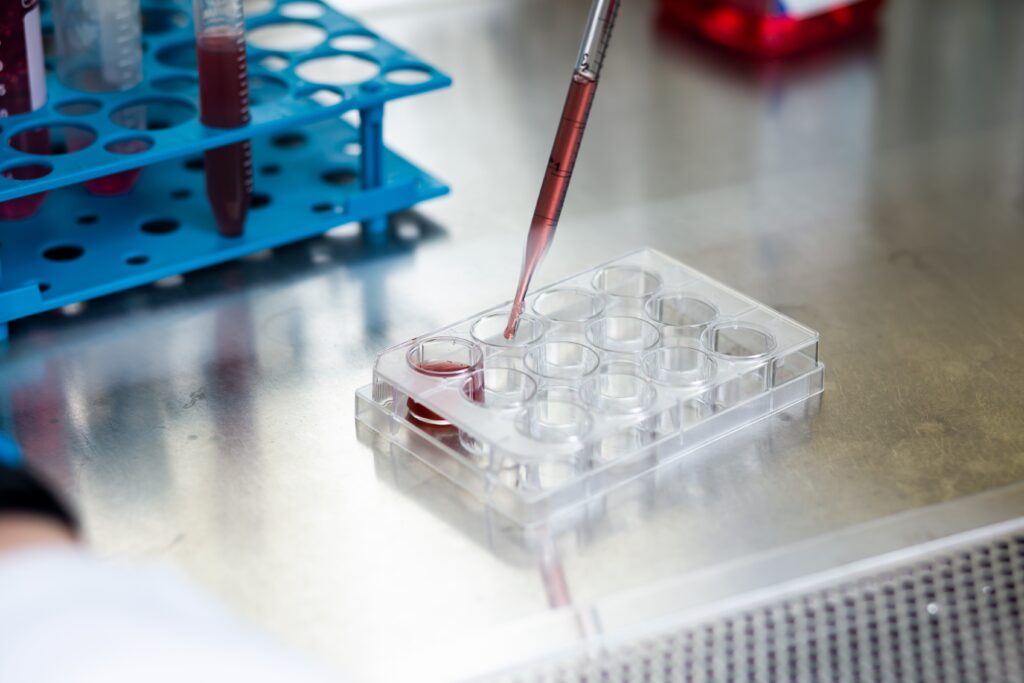Scientists in Memphis are investigating ways to slow aging and treat age-related diseases. Greg Armstrong, a researcher at St. Jude Children’s Research Hospital, is leading studies on anti-aging treatments for childhood cancer survivors. These individuals often face early aging due to the effects of chemotherapy and radiation.
The Issue with Accelerated Aging
“While 85% of children survive cancer, many face long-term health issues,” Armstrong explains. Survivors often develop illnesses like heart disease and strokes much earlier than others. By age 30, their bodies can resemble those of people in their 70s or 80s. This rapid aging is mainly caused by senescent cells. These cells stop working and release harmful molecules, which speed up aging and disease.
Testing New Treatments
Armstrong’s team is testing two senolytic drugs: dasatinib and quercetin. These drugs are being tested on about 50 patients. The goal is to see if they can improve physical health and extend life.
Senolytics Show Promise
Studies on animals have shown positive results. In mice with age-related issues, senolytics have helped regenerate tissues. “The risk versus benefit is important,” says Johannes Grillari from the Ludwig Boltzmann Institute. For healthy people, the risks must be low. Senolytics could help treat Alzheimer’s disease, lung conditions, and even improve organ transplants.
Helping Donor Organs
Many older organs have senescent cells that cause inflammation and increase the risk of rejection. Reducing these cells could improve transplant outcomes.
The Future of Anti-Aging
Not all senescent cells are harmful, according to Tohru Minamino from Juntendo University. Some help with wound healing. Minamino is developing an “aging vaccine” to target harmful senescent cells. Early tests on mice show that this could extend their lifespan.
Challenges and Potential
There are still challenges ahead. Stijn Meijnikman from the Netherlands points out that removing harmful cells isn’t enough. The body must be able to regenerate cells to stay healthy. But the potential of anti-aging therapies remains exciting, offering hope for a longer and healthier life.
Scientists are making breakthroughs in understanding and treating aging. These treatments could one day change how we age, improving both our lifespan and quality of life.
